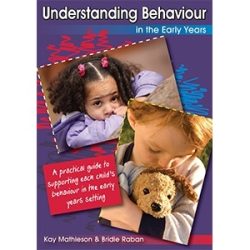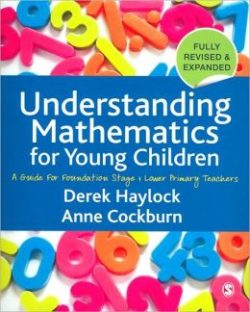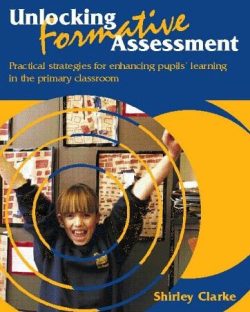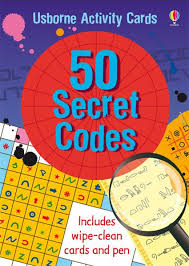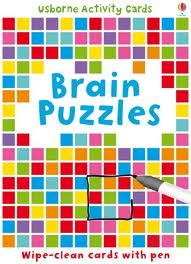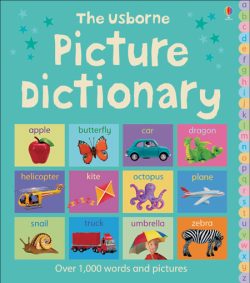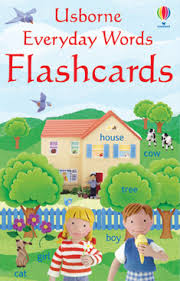TS2359 Stamp Great Improvement
$13.95ISBN – 9329094005120
Showing 1081–1100 of 1176 results



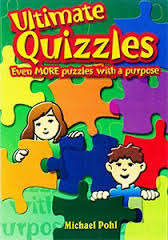

Uncovering the Logic of English helps educators break the complex code of English with simple rules.
Award-winning author Denise Eide demonstrates the effectiveness of systematic phonics to develop a transformed understanding of high-frequency words, sight words, decodable words, and irregular words.
Written in an engaging and easy-to-follow style, Uncovering the Logic of English sheds light on our society’s literacy crisis and provides a wealth of reading and spelling tools to help any student succeed.
This book is suitable for teachers looking to expand their reading curriculum, adults struggling with spelling, English Language Learners who want to improve their pronunciation, and parents teaching their children at home.
Uncovering the Logic of English challenges the notion that English is illogical by revealing the logical patterns underlying 98% of English words and explaining:
Grounded in the latest linguistic and reading research, Uncovering the Logic of English demonstrates why the phonogram approach, with accurate spelling rules, should be as foundational to our education system as 1 + 1 = 2.
But what if the problem is not the language itself, but the rules we were taught? What if we could see the complexity of English as a powerful tool rather than a hindrance? Denise Eide
Uncovering the Logic of English introduces the phonograms and rules that are taught in the Logic of English® Foundations and Essentials series.
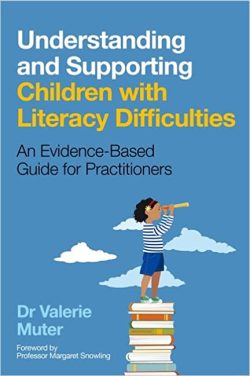
Learning to read is arguably the single most important educational challenge a child faces in the first years of schooling, setting a child up for future academic success and opportunities. However, it is estimated that one in six children experience literacy difficulties.
This is the go-to book for psychologists, educationalists and other professionals wanting a deeper understanding of current thinking around dyslexia, reading comprehension difficulties, and related SpLDs. Drawing on six fictional case studies to illustrate her points, and using examples of good practice throughout, Valerie Muter unpacks the latest psychological theories and research on literacy disorders.
She discusses the interconnections between underlying cognitive problems and learning and educational and behavioural issues, as well as the common co-occurrence of these conditions. This authoritative book also provides accessible guidance on making assessments and tailoring interventions within the home or school.
Written by a lead thinker in the field, this is an essential evidence-based guide for those working with children with literacy difficulties and supporting them to achieve their full potential.
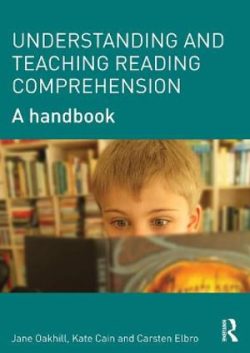
The ultimate aim of reading is not the process but to understand what we read and comprehension can take place at many different levels. There has been an increasing emphasis on the importance of reading comprehension in recent years but despite this there is very little written on this vital topic accessible to trainee and practicing teachers.
The Handbook of Reading Comprehension presents an overview of recent findings on reading comprehension and comprehension problems in children. It provides a detailed examination of the characteristics of children who have reading comprehension difficulties, and examines ways in which comprehension can be supported and improved. It is accessibly written for students and professionals with no previous background in the psychology of reading or reading problems.
This indispensable handbook asks the question ‘what is comprehension?’ The authors consider comprehension of different units of language: understanding single words, sentences, and connected prose and outline what readers (and listeners) have to do to successfully understand an extended text. This book also considers comprehension for different purposes, in particular reading for pleasure and reading to learn and explores how reader characteristics such as interest and motivation can influence the comprehension process.
Different skills contribute to successful reading comprehension. These include word reading ability, vocabulary knowledge, syntactic skills, memory, and discourse level skills such as the ability to make inferences, knowledge about text structure, and metacognitive skills. The authors discuss how each one contributes to the development of reading comprehension skill and how the development of these skills (or their precursors) in pre-readers, provides the foundation for reading comprehension development.
Areas covered include:-
Throughout the text successful experimental and classroom based interventions will be highlighted, practical tips for teachers and summary boxes detailing key points and explaining technical terms will be included in each chapter.

